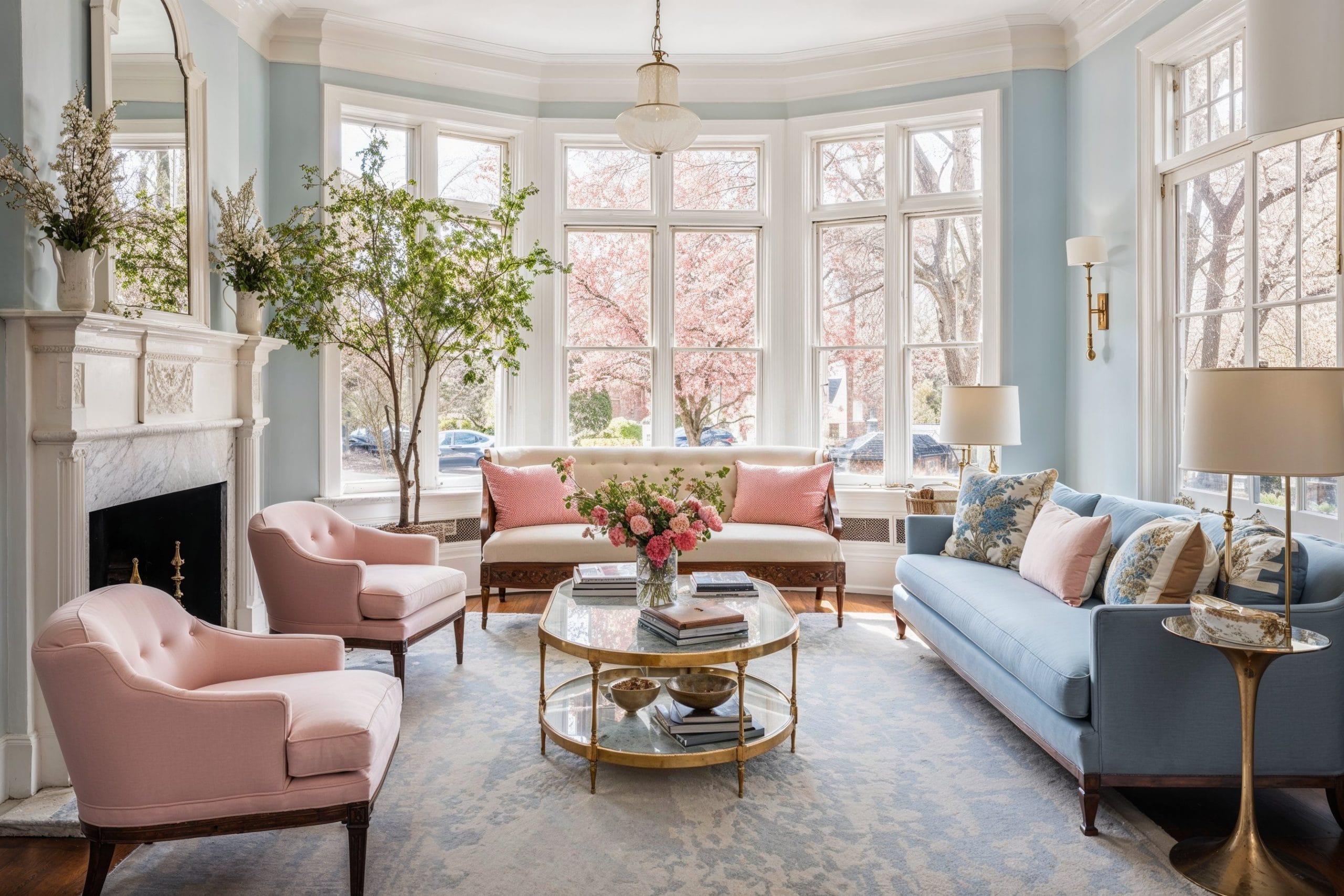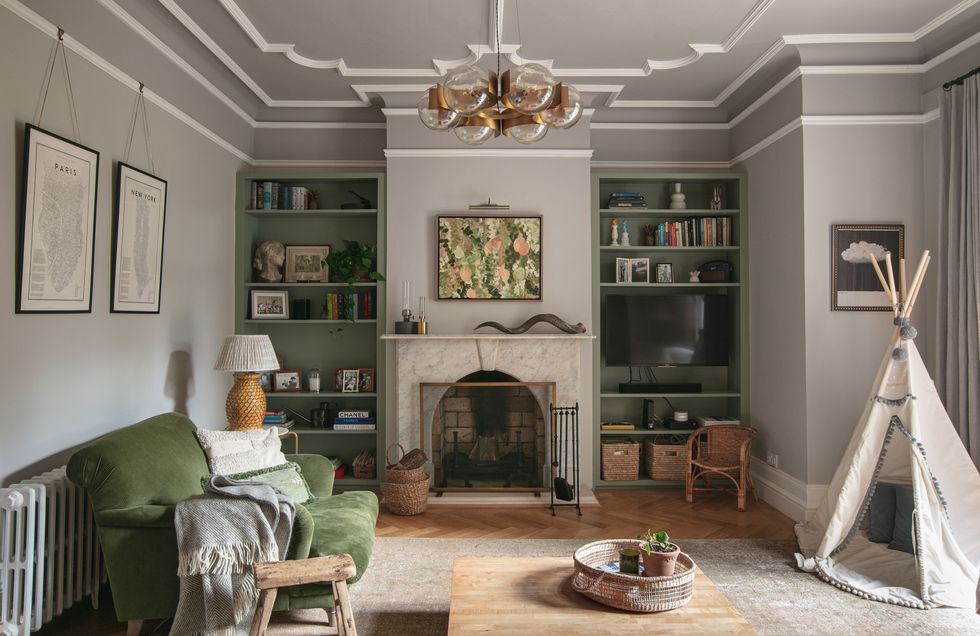Choose expert interior design firms to craft elegant interiors.
Choose expert interior design firms to craft elegant interiors.
Blog Article
Change Your Home With Crucial Concepts of Interior Design and Visual Appeals
By understanding the influence of shade theory and the significance of texture and patterns, one can develop rooms that are not just aesthetically attractive however additionally deeply individual. Attaining this stability involves even more than plain design; it includes a tactical plan and a keen understanding of how each aspect communicates within a space.
Recognizing Color Theory
Comprehending the concepts of color theory permits developers to create areas that resonate emotionally with residents while satisfying useful requirements. Each classification plays a crucial duty in establishing consistency within an area.
The emotional impact of colors is profound; cozy hues such as reds and oranges evoke energy and heat, while trendy tones like blues and greens promote calmness and harmony. The usage of complementary colors enhances visual interest, producing striking contrasts that can raise an area's allure.
Neutral shades, on the various other hand, act as a functional backdrop, enabling other design elements to shine. It is important to think about aspects such as illumination and the space's function when choosing a color palette, as these can change the understanding of colors throughout the day.
Ultimately, a well-considered color pattern can change a room, cultivating a feeling of convenience and design that lines up with the residents' preferences. Mastery of shade concept is, for that reason, an important skill for any type of indoor designer aiming to develop harmonious and welcoming settings.
Attaining Equilibrium in Layout
How can developers attain a sense of stability in their spaces? Achieving equilibrium in design is basic to developing unified interiors.
Unbalanced equilibrium, on the various other hand, relies on varying components that still achieve a natural appearance. This technique enables more vibrant and casual arrangements, supplying interest while preserving equilibrium. By very carefully selecting differing sizes, colors, and appearances, designers can produce an aesthetically compelling area that feels balanced yet energised.
Radial equilibrium emphasizes a central prime focus with aspects emitting outward. This style is generally seen in circular layouts, where furniture and decoration create a natural border that attracts the eye inward.
Eventually, attaining balance needs thoughtful factor to consider of range, percentage, and the relationships between aspects. interior design firms. By masterfully using these equilibrium concepts, developers can change rooms into environments that really feel both cosmetically pleasing and functionally unified, enhancing the general experience for passengers
Value of Spatial Understanding

A keen feeling of spatial awareness allows designers to determine focal points within a room, guiding the audience's interest to crucial functions while preserving a general feeling of unity. It additionally assists in the critical positioning of lights, which can significantly influence the assumption of space and mood. Recognizing spatial partnerships allows the designer to provide to the certain needs of residents, making sure that each area offers its desired function without compromising aesthetic appeals.
Inevitably, spatial understanding is important for optimizing the capacity of any kind of indoor room. By meticulously taking into consideration the interplay in between measurements, design, and function, developers can create settings that not only fulfill functional demands however likewise evoke a sense of comfort and beauty, boosting the overall living experience.
Incorporating Texture and Patterns
Accepting a diverse array of textures and patterns can substantially improve the aesthetic and tactile allure of an interior area. The strategic use various products-- such as check my source timber, metal, textile, and stone-- produces deepness and rate of interest, making a room feel extra inviting and vibrant. Combining smooth surfaces with harsh structures can develop a balance that attracts the eye and involves the senses.
When incorporating patterns, think about both range and repetition. Big patterns can act as prime focus, while smaller, subtle styles can enhance various other elements without overwhelming the room. Layering patterns, such as pairing floral pillows with candy striped tosses, includes complexity and a sense of consistency if executed thoughtfully.
It is also essential to maintain a cohesive shade palette, guaranteeing that structures and patterns work together as opposed to complete for attention. By selecting a few key textures and patterns, you can develop a linked visual that reflects your personal style while enhancing the total setting of the space. Eventually, the careful incorporation of these elements can change a mundane space right into a sophisticated setting abundant with personality and heat.
Customizing Your Space
Developing an area that reflects your individuality is vital to attaining a truly welcoming atmosphere. Personalization in interior decoration allows you to infuse your distinct design and rate of interests into your home, changing it from a mere sanctuary right into a refuge that speaks with that you are. Begin by choosing a shade combination that reverberates with your emotions-- strong hues can stimulate, while soft tones supply serenity.
Integrate artwork and decoration that reflect your passions, whether it be traveling, nature, or abstract concepts. Showing individual collections, such as books, photographs, or mementos, can stimulate cherished memories and produce centerpieces within a space. In addition, take into consideration personalizing useful pieces, like upholstered furnishings, to straighten with your aesthetic preferences.

Final Thought
To conclude, the makeover of a home via the important principles of indoor layout and looks necessitates an extensive understanding of shade concept, equilibrium, spatial awareness, texture, and personalization. Each component contributes dramatically to developing a harmonious and functional living environment - Architecture Firm. By thoughtfully incorporating these principles, individuals can improve the visual allure and emotional vibration of their areas, ultimately cultivating a home that mirrors special identities while giving comfort and Check Out Your URL usefulness
Report this page